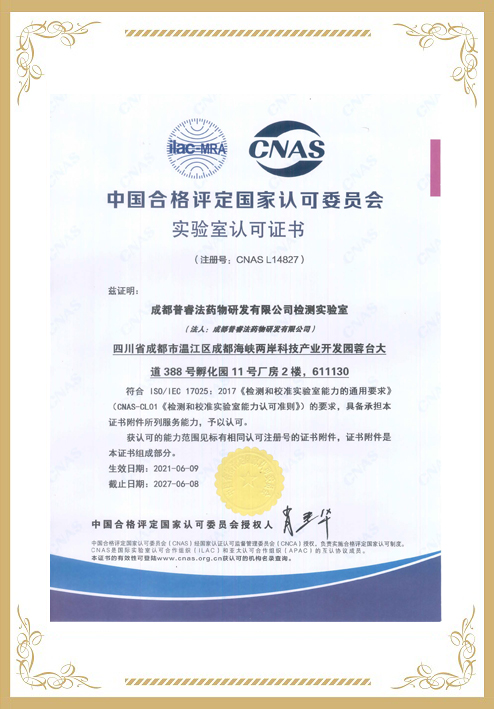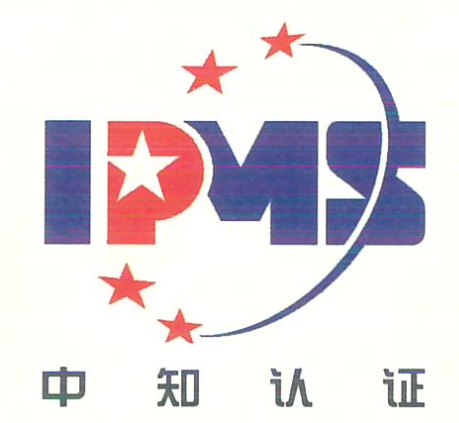UDP-glycosyltransferase (UGT)-mediated glycosylation is a common modification in triterpene saponins, which exhibit a wide range of bioactivities and important pharmacological effects. However, few UGTs involved in saponin biosynthesis have been identified, limiting the biosynthesis of saponins. In this study, an efficient heterologous expression system was established for evaluating the UGT-mediated glycosylation process of triterpene saponins. Six UGTs (UGTPn17, UGTPn42, UGTPn35, UGTPn87, UGTPn19, and UGTPn12) from Panax notoginseng were predicted and found to be responsible for efficient and direct enzymatic biotransformation of 21 triterpenoid saponins via 26 various glycosylation reactions. Among them, UGTPn87 exhibited promiscuous sugar-donor specificity of UDP-glucose (UDP-Glc) and UDP-xylose (UDP-Xyl) by catalyzing the elongation of the second sugar chain at the C3 or/and C20 sites of protopanaxadiol-type saponins with a UDP-Glc or UDP-Xyl donor, as well as at the C20 site of protopanaxadiol-type saponins with a UDP-Glc donor. Two new saponins, Fd-Xyl and Fe-Xyl, were generated by catalyzing the C3-O-Glc xylosylations of notoginsenoside Fd and notoginsenoside Fe when incubated with UGTPn87. Moreover, the complete biosynthetic pathways of 17 saponins were elucidated, among which notoginsenoside L, vinaginsenoside R16, gypenoside LXXV, and gypenoside XVII were revealed in Panax for the first time. A yeast cell factory was constructed with a yield of Rh2 at 354.69 mg/L and a glycosylation ratio of 60.40% in flasks. Our results reveal the biosynthetic pathway of a group of saponins in P. notoginseng and provide a theoretical basis for producing rare and valuable saponins, promoting their industrial application in medicine and functional foods.























